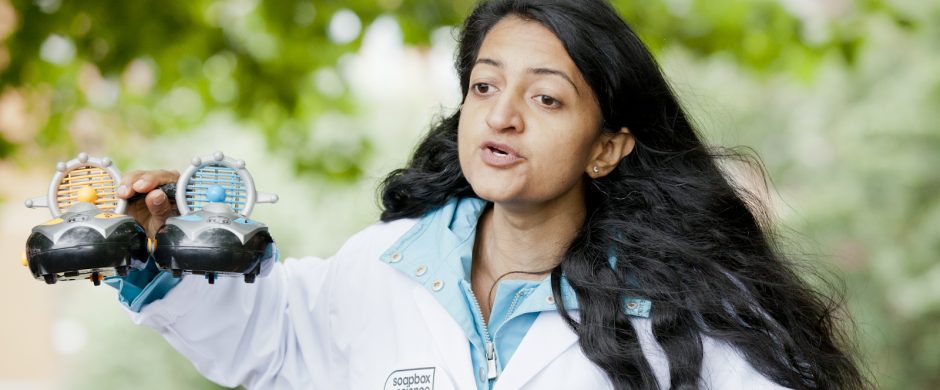My name is Cintia and I am Brazilian. I do not look like a “typical Brazilian” because I have Japanese grandparents that flew out of Japan to become immigrants in Brazil. But what most people do not know is that Brazil is a multicultural country, and São Paulo state composes the biggest Japanese community outside Japan.
My parents gave a lot of support for me and my two older sisters to always study and to go to college, they always said we need to be independent. For my parents I always dedicated everything I succeed!
For my studies, I was always in love with animals in general, then I enrolled as a bachelor’s in Biology. During my studies, my passion with insects flourished, and for my Master thesis I worked with orchid bees. My project back then was related to urban population genetics and mark recapture of Euglossine bees in the cities. They are the most beautiful bees in the world with their metallic colours. I tagged them to follow them in nature.
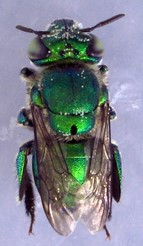
I had good mentorship during my master’s and then a dream of mine was to pursue an academic career. I waited around two years to get a scholarship and to be admitted to a PhD program abroad. I chose to come to Belgium, following my promoter which was a leader in the study of social insect societies.
From bees I changed to wasps, from Brazil I moved to Belgium, from Portuguese speaking country I came to a Flemish university which uses English in the higher-level education, but the university is in the Dutch speaking part of Belgium.
My PhD research aimed to characterize and study experimentally if the wasp queens in social species produced pheromones to tell the workers that she is present in the nest and those pheromones maintain division of labour in place. Therefore, I worked mainly with behavioural ecology, chemical ecology and identification of queen pheromones. In 2016, I got my PhD and since then, I work as a postdoctoral researcher. I focused my research to comprehend the physiological links of why some individuals reproduce, and if this due to hormonal changes. Also, I still investigate if these hormonal changes affect how the individual smells, and this can be used for communication.
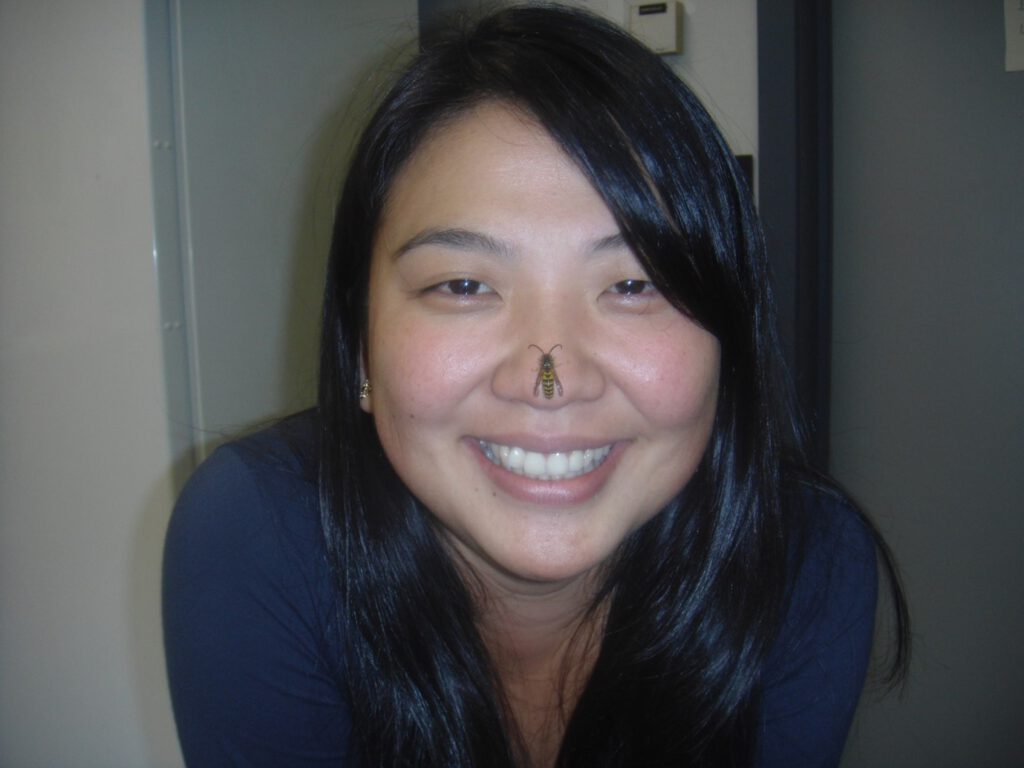
First, why wasps? Because they are good models to understand social behaviour, as we have species that range from solitary to social behaviour. They are also understudied compared to bees. Wasps perform important ecosystem services as for example as pest-controls, and they are not only sting machines. But I must admit that they are fearless in defending their nests. Of course, I was the predator, because I needed the queen and I tried everything to collect the whole nest in the field and then I got stung a lot. I used protection, bee suits, but extra layers of protection came with the experience of each of the sting. Loose tick sweaters, plus loose thick pants, long boots etc.. The European social wasps are clever, and they can find a weak spot in your bee suit. To guarantee the sting does not happen often, I must be sure to tape any hole that a tiny wasp can crawl to sting and try to be as fast and efficient I can. Everything I learned I passed on to the next students, less and less we got stung when we got to the field. But in fact, I developed an allergy, but I am in treatment, so do not worry! I still can do a lot of research with them and I will never blame the wasps!!
I can say that the most fascinating part of my research is to go to the field and get insights of the behaviour of these extraordinary insects. In Belgium, most of the field work for social wasp was done in people’s houses as wasps often nest in the garden, bushes, shed or attic. Spreading advertisement locally, we get phone calls, and we go to remove the nests for free to conduct our research. With this contact with people, you can also talk about science, I am grateful for the people that welcome us in their houses to get rid of the wasps’ nests, but also contributed to the research I did. I love my job!
I not only worked with European social species, but my research provides me the opportunity to go back to Brazil and establish a collaboration there, and in New Zealand where the European wasps are considered invasive. Here are some photos to show how cool it is.
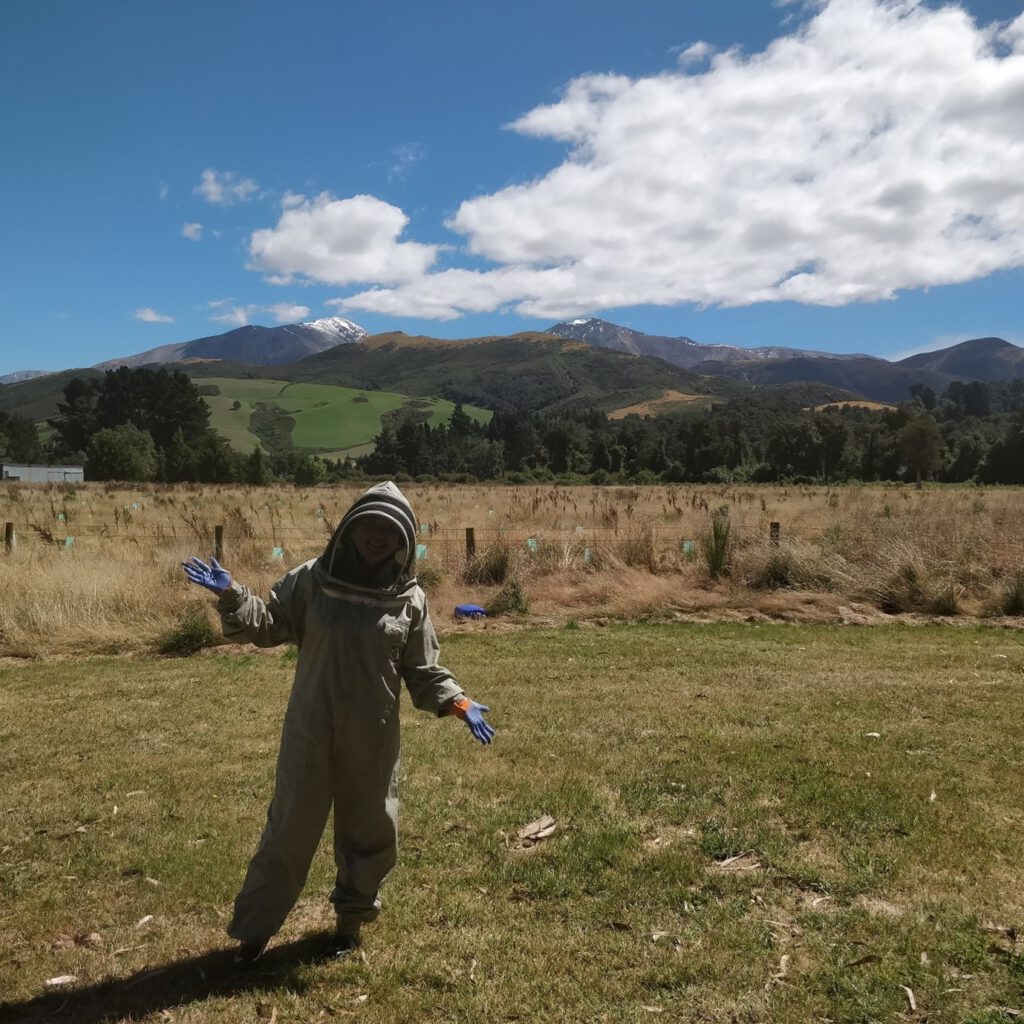
I liked to have some other side projects: bee hotels project, sex pheromones in wasps, solitary species, foraging behaviour, ant and bee experiments. I am biased, but I think the insects are easy to work with, they are fascinating animals that can teach us a lot and you can find them anywhere, meaning that there is so much to discover!
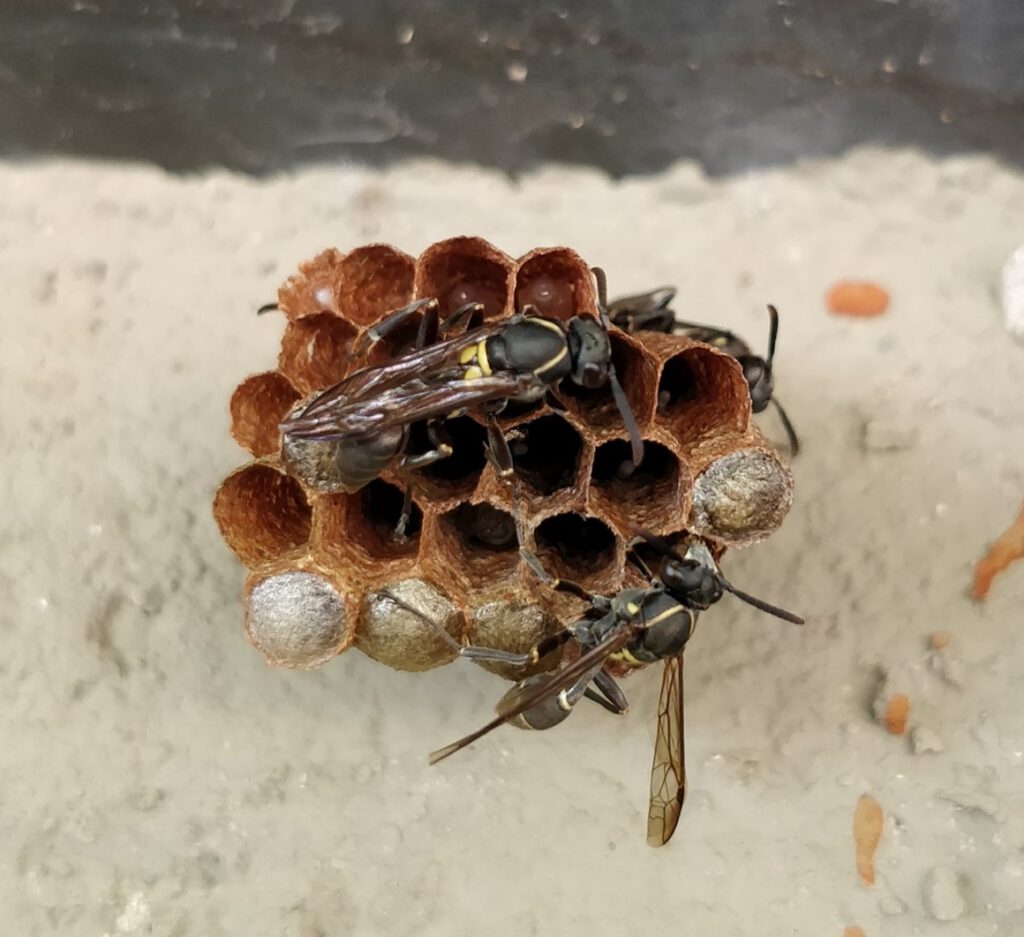
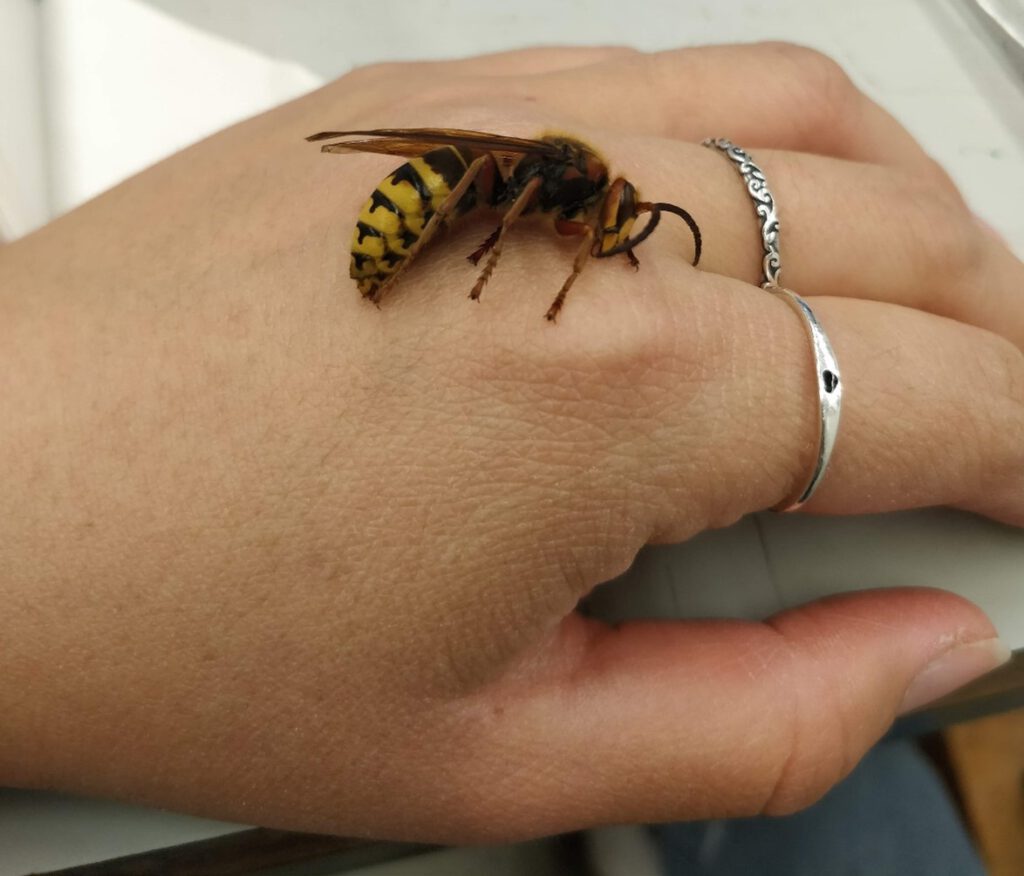
Because of my background, I think women and minorities need to be resilient in science. Developing countries need more grants and funding, developed countries need more inclusion. Having the incentives as the Soapbox Science initiative, provides me support to be resilient and to encourage others that we can make a difference. I advocate for more women in science and women should have a welcome environment to be able to have a healthy balance between work and family.
Woman in Science, come and join us!
This is me and this is my story!
